Ever walked into a room and felt, unmistakably, like you were a guest in your own home—all because of a pint-sized dog with a king-sized attitude? If you’ve ever had a tiny tornado barking orders (and maybe even herding your ankles), you’re not alone. Some small dogs pack so much personality into their little bodies, you’d swear they’re running the place. Let’s meet a dozen of these charming, bossy little canines and see what makes them such delightful “rulers” of the roost.
Chihuahua: The Pocket-Sized Powerhouse
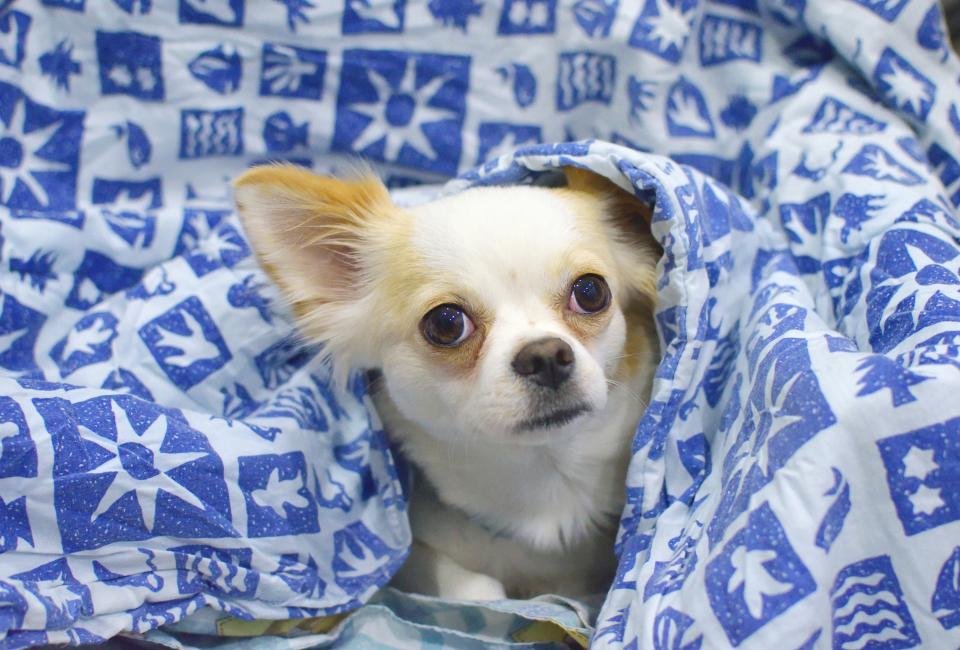
Chihuahuas have a reputation for being bold, sassy, and suspiciously good at getting their way. Despite weighing less than a bag of flour, they’ll stake their claim on the comfiest couch cushion and make it clear who’s in charge. These dogs are clever and fiercely loyal, often attaching themselves to one person and dictating the household routine.
Watch for their classic cues: a raised head, alert ears, and a bark that means business. Chihuahuas thrive on attention and structure, so gentle boundaries help them feel secure. Socializing early can prevent bossy habits from turning into overprotectiveness.
Pomeranian: Fluffy and Fearless
Pomeranians strut around like they own the place, their plumed tails waving like royal banners. Don’t let their teddy bear looks fool you—they’re vocal, assertive, and love calling the shots. Many Pom owners confess to being “managed” by their tiny supervisor, especially at treat time.
These little dynamos can be prone to “small dog syndrome,” barking at anything that moves. Consistent routines and positive reinforcement work wonders. If your Pom starts acting like a furry dictator, redirect their focus with games or training sessions to keep their busy minds satisfied.
Yorkshire Terrier: The Dainty Director
Yorkies may look delicate, but they’re pure attitude in a silky coat. They’re famous for their confidence, often strutting through the house with a sense of purpose. Yorkies are quick to alert you to visitors—or squirrels—and have a way of “bossing” bigger pets around.
Their energy and intelligence make them natural leaders. To keep them balanced, offer puzzle toys and regular walks. Yorkies need mental stimulation and clear guidance, or they’ll invent their own rules—usually involving extra snacks and bed privileges.
Miniature Pinscher: The Little General
Miniature Pinschers, or “Min Pins,” are often described as big dogs in small bodies. With their upright stance and fearless gaze, they command attention. Many Min Pin owners joke that their dogs patrol the house like tiny security guards, ready to investigate any disturbance.
These confident pups crave consistency and clear boundaries. If a Min Pin starts acting out, it’s usually because they’re bored or under-stimulated. Keep training sessions short and upbeat, and always reward good behavior with praise or a favorite toy.
Dachshund: The Stubborn Sovereign
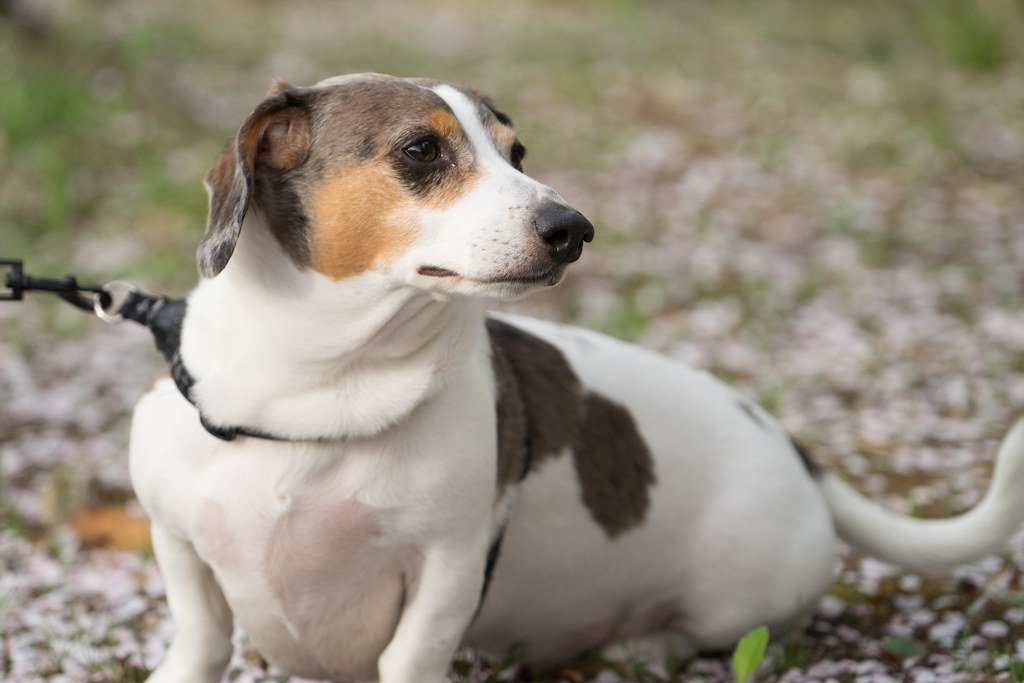
Dachshunds, with their long bodies and short legs, might look comical, but their personalities are anything but. They’re brave, stubborn, and always ready to let you know what’s what. Dachshunds were bred to hunt, which means they’re naturally independent and determined.
You’ll often see a Dachshund claiming prime lap space or barking at the tiniest sound. To prevent bossiness from becoming a problem, use positive reinforcement and stick to a consistent daily schedule. Early socialization helps curb their more persistent behaviors.
Papillon: The Butterly Boss
Papillons are instantly recognizable with their fringed, butterfly-like ears and sparkling eyes. Don’t be fooled by their dainty appearance; these dogs are sharp, alert, and sometimes a touch demanding. Papillons are quick learners and enjoy being the center of attention.
Behavior cues include prancing, pawing for affection, and a surprisingly loud bark. They love interactive play, so use games to channel their energy. If your Papillon starts acting bossy, a quick training refresher can help them remember who’s really in charge (hint: it’s supposed to be you!).
Jack Russell Terrier: The Energetic Executive
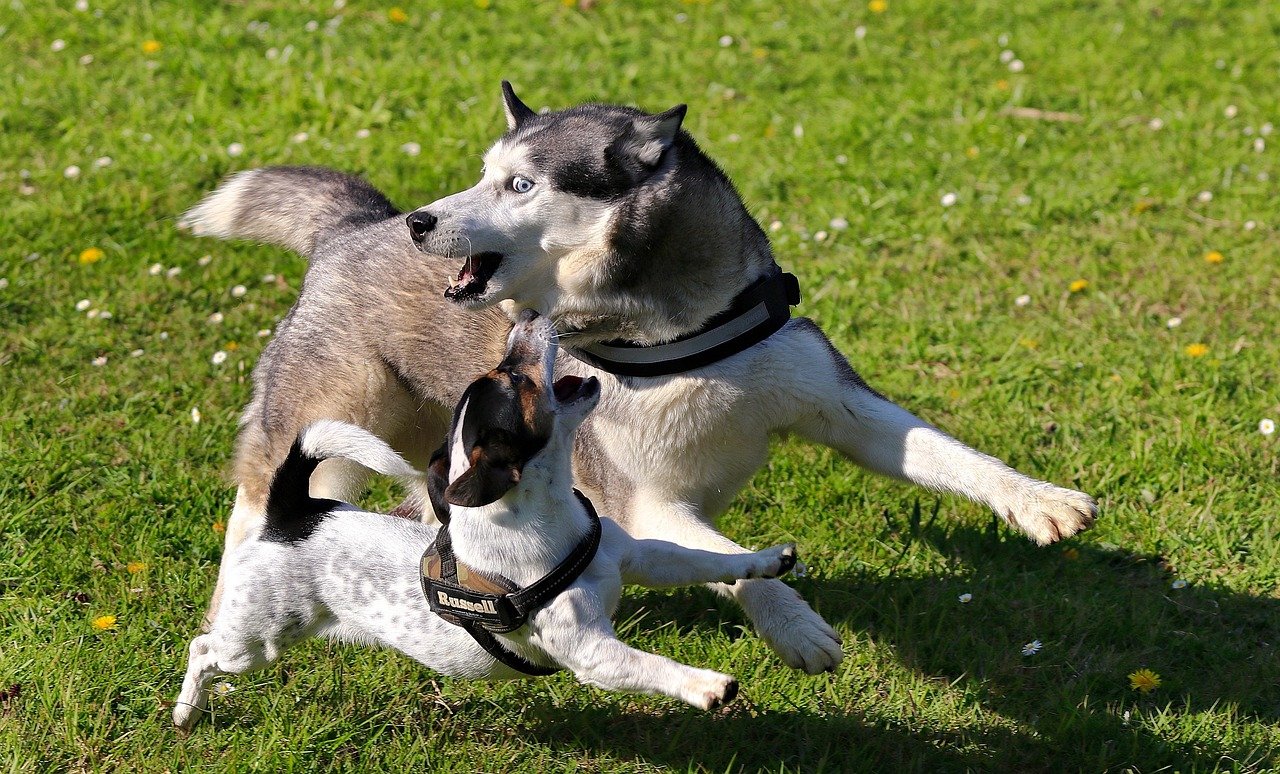
Jack Russells are small in size but massive in personality. They approach life with boundless enthusiasm and a hint of mischief. If you’ve ever tried to outsmart a Jack Russell, you know it’s a losing battle—they’re too clever and determined.
These terriers love to organize their environment, sometimes rearranging toys or “supervising” family activities. Provide plenty of exercise and puzzle toys to keep their sharp minds busy. Without enough stimulation, they may invent games (like redecorating your shoes) to stay entertained.
Shih Tzu: The Regal Ruler
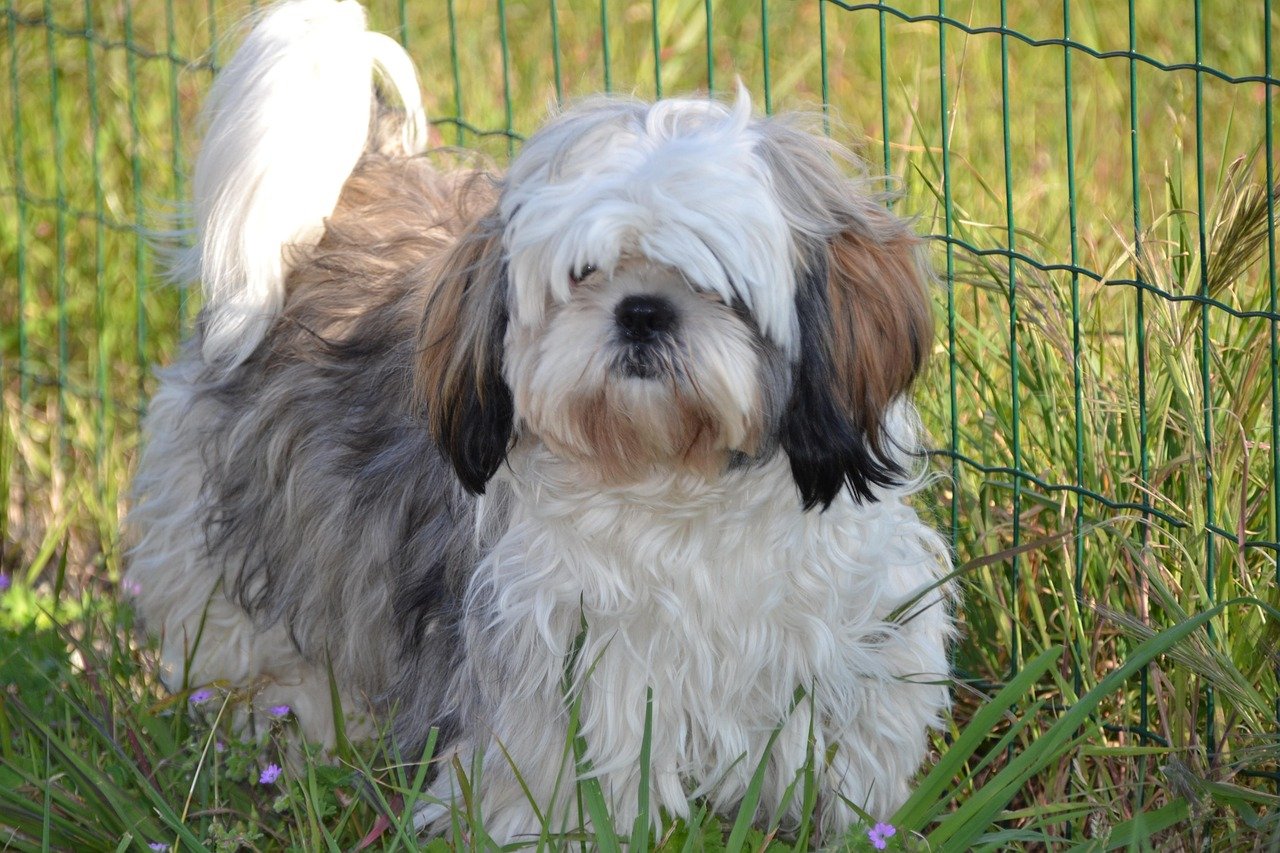
Shih Tzus were once bred for royalty, and they haven’t forgotten it. With their flowing coats and calm demeanor, they expect to be pampered and obeyed. Many Shih Tzus gently nudge their humans for treats or claim the softest spot on the sofa without a second thought.
Watch for their subtle bossiness—like turning away when they’re not interested or “talking” back with soft barks. Shih Tzus need gentle boundaries and regular grooming routines. Make care time positive and consistent to avoid power struggles.
Cairn Terrier: The Confident Commander
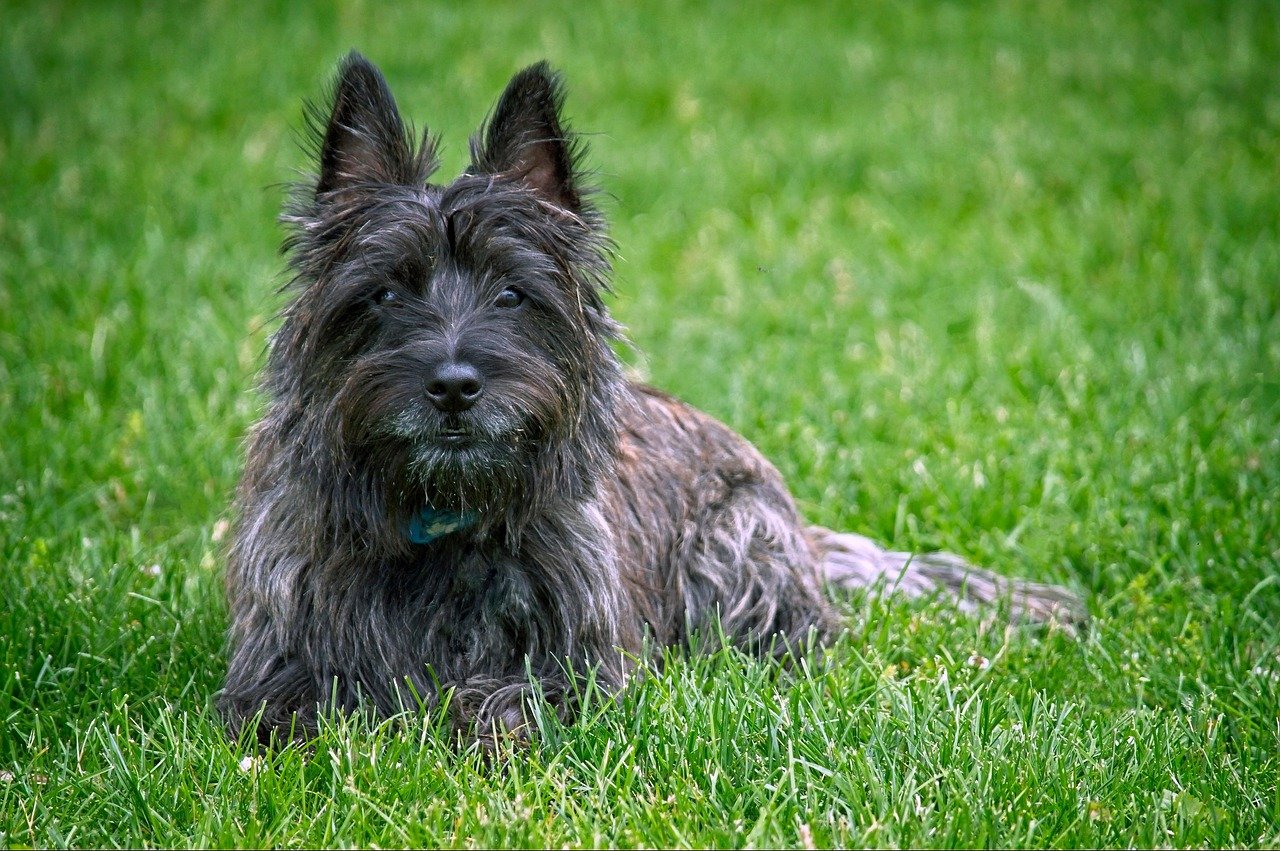
Cairn Terriers are plucky, spirited, and always up for a challenge. If you’ve ever watched Toto in The Wizard of Oz, you know these dogs are brave and a little willful. They’ll take charge of playtime, walks, and sometimes even the TV remote (by hiding it under the couch).
They thrive with firm, loving leadership and plenty of opportunities to use their noses. To prevent bossiness, rotate toys and introduce new games frequently. Cairns crave variety and attention, so mix up routines to keep them happy and cooperative.
Pekingese: The Imperial Influencer
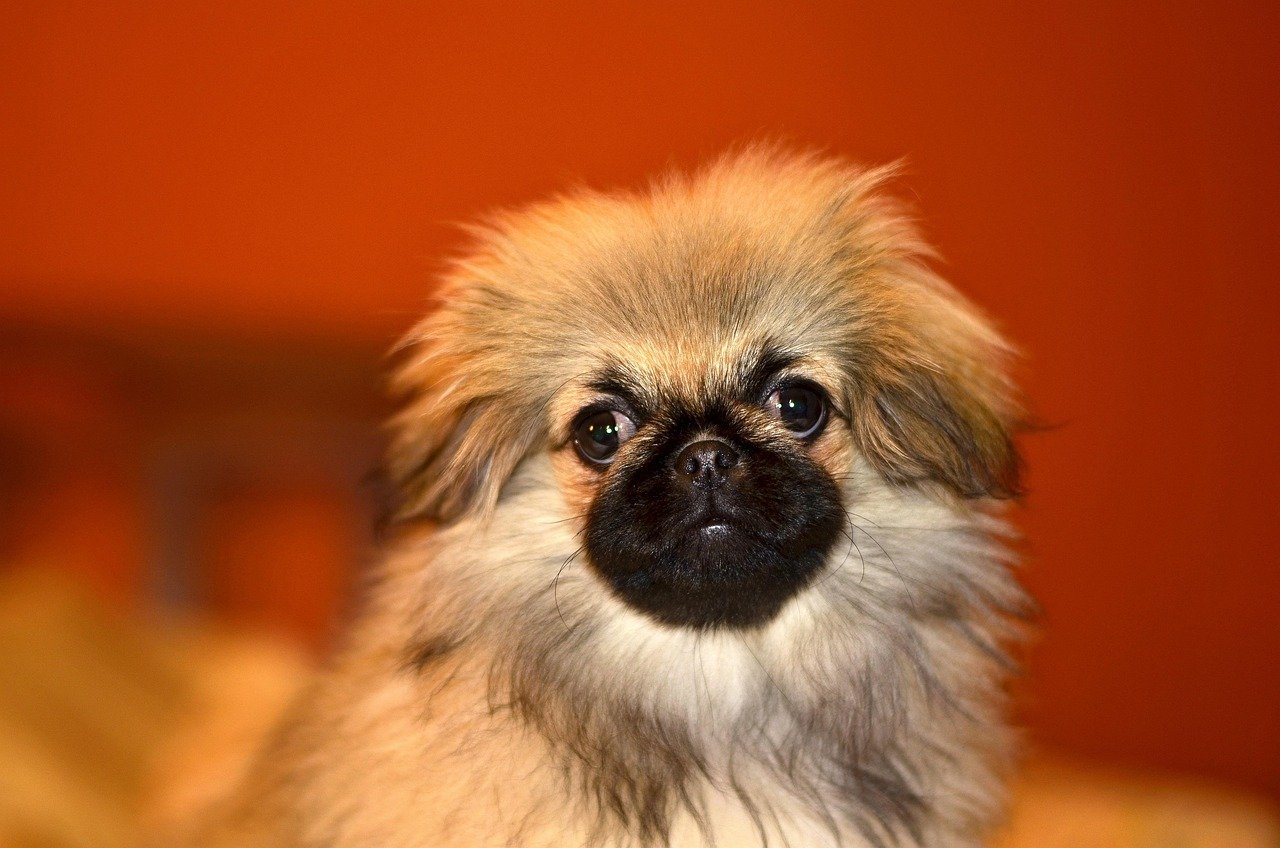
Pekingese carry themselves with the dignity of ancient emperors. Their lion-like manes and soulful eyes command respect—at least, that’s what they seem to think. Pekingese are affectionate but can be stubborn, insisting on their preferred routines.
You might notice them “requesting” attention with a bark or a stare. Setting clear, gentle boundaries helps them feel secure. Use positive reinforcement to reward good manners and keep grooming sessions calm and unrushed to avoid any royal protests.
Brussels Griffon: The Tiny Tyrant
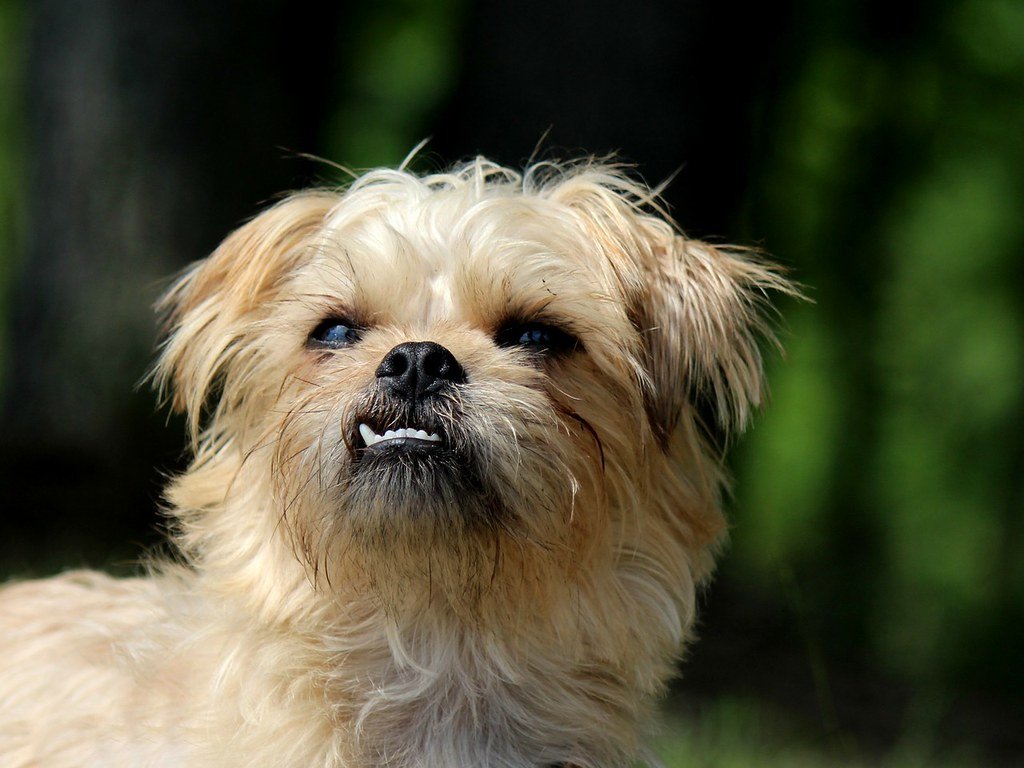
Brussels Griffons have expressive faces and personalities that fill a room. They’re known for being charming, sensitive, and sometimes hilariously bossy. Griffons often “direct” household activities, following you from room to room to keep tabs on everyone.
These dogs respond best to gentle guidance and lots of encouragement. If your Griffon acts out, it’s often a sign they need more attention or playtime. Short, consistent training sessions and plenty of cuddles help keep their leadership tendencies in check.
French Bulldog: The Playful President
French Bulldogs may be stocky and small, but they carry themselves with unmistakable confidence. They love being in the thick of family life, often “advising” you with expressive grunts and snorts. Some Frenchies have a knack for manipulating routines to suit their own whims.
To keep your Frenchie’s bossy side in balance, stick to regular schedules and use positive reinforcement. Watch for signs of overexertion—they can struggle with heat and strenuous play. Prioritize their comfort and health while gently reminding them you’re the one making the rules.
Italian Greyhound: The Graceful Governor
Italian Greyhounds are elegant, sensitive, and sneakily assertive. They often rule the household with a gentle touch, using soulful eyes and delicate paws to get what they want. These dogs demand comfort and can be picky about routines or sleeping spots.
Behavior cues include nudging you for warmth or refusing to move from their favorite perch. Italian Greyhounds thrive with soft beds, gentle handling, and lots of reassurance. Set loving limits to prevent them from becoming too demanding and help them feel safe and cherished.





